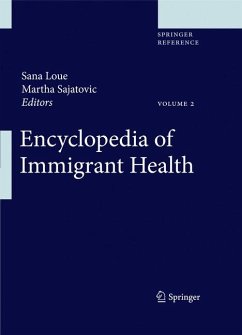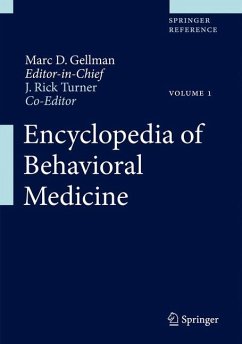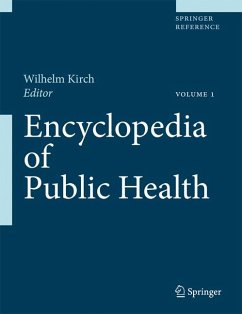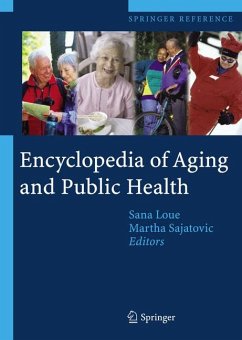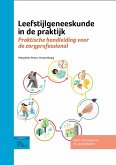There is increasing interest in the scientific literature on immigrant health and its impact on disease transmission, disease prevention, health promotion, well-being on an individual and population level, health policy, and the cost of managing all these issues on an individual, institutional, national, and global level. The need for accurate and up-to-date information is particularly acute due to the increasing numbers of immigrants and refugees worldwide as the result of natural disasters, political turmoil, the growing numbers of immigrants to magnet countries, and the increasing costs of associated health care that are being felt by governments around the world.Format and Scope: The first portion of the encyclopedia contains chapters that are approximately 25 to 40 manuscript pages in length. Each overview chapter includes a list of references and suggested readings for cross referencing within the encyclopedia. The opening chapters are: Immigration in the Global Context, Immigration Processes and Health in the U.S.: A Brief History, Alternative and Complementary Medicine, Culture-Specific Diagnoses, Health Determinants, Occupational and Environmental Health, Methodological Issues in Immigrant Health Research, Ethical Issues in Research with Immigrants and Refugees, Ethical Issues in the Clinical Context.The second portion of the book consists of alphabetical entries that relate to the health of immigrants. Entries are interdisciplinary and are drawn from the following fields of study: anthropology, demographics, history, law, linguistics, medicine, population studies, psychology, religion, and sociology. Each entry is followed by a listing of suggested readings and suggested resources, and also links to related terms within the whole book. Outstanding FeaturesThe book adopts a biopsychosocial-historical approach to the topics covered in the chapters and the entries. Each entry includes suggested readings and suggested resources. The chapters and entries are written graduate level that is accessible to all academics, researchers, and professionals from diverse backgrounds. We consider the audience for the entries to be well educated, but a non expert in this area. The primary focus of the book is on the immigrant populations in and immigration to magnet countries. References are made to worldwide trends and issues arising globally.In addition to the comprehensive subject coverage the text also offers diverse perspectives. The editors themselves reflect the multidisciplinary nature of the topics, with expertise in psychiatry, law, epidemiology, anthropology, and social work. Authors similarly reflect diverse disciplines.
From the reviews: "It covers a broad array of medical and social science topics related to immigrant health, and the well-written 140-page overview that introduces it could serve as a standalone survey or primer on the topic. This will be a welcome addition to the available books in global health, since there are few specific to immigrant health. ... It will be of value to students and practitioners of public health, educators, and public health and social services providers." (Laurence J. Fuortes, Doody's Review Service, June, 2012) "The entries are well-referenced, mainly to printed sources, and also carry suggestions for further reading, including useful websites. ... The references and web sample dates mostly seem to go up to 2010, which is good going for such a complex book as this. ... This encyclopedia can be recommended as a useful back-up ... for nursing, social service and medical libraries ... ." (Martin Guha, Reference Reviews, Vol. 26 (8), 2012)

